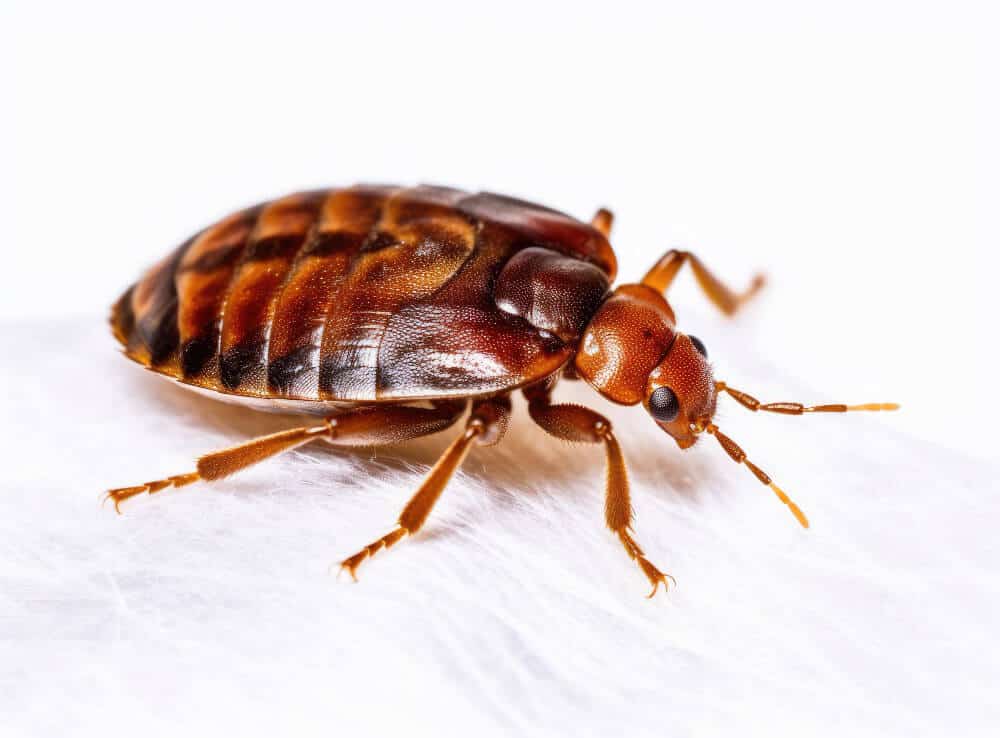Efficient A1 Bed Bug Treatment Houston - Do Away With Bed Vermin
Efficient A1 Bed Bug Treatment Houston - Do Away With Bed Vermin
Blog Article
Understanding the Lifecycle of Insects for Targeted Control Techniques
Recognizing the lifecycle of pests is a fundamental element of reliable bug management strategies. Via a deeper understanding of just how insects flourish and progress, customized control approaches can be made to attend to details points in their lifecycle, inevitably leading to more successful pest management results.
Significance of Recognizing Pest Lifecycle
Comprehending the lifecycle of parasites is necessary for establishing reliable and targeted control strategies in insect monitoring. By comprehending the different stages a pest undergoes from egg to grownup, bug control experts can identify weak spots in the lifecycle where intervention can be most successful. For example, knowing when larvae are most energetic can help determine the ideal timing for applying larvicides. Additionally, understanding the life-span of a parasite types can help in forecasting population development patterns and prospective infestation risks.
In addition, identifying the particular environmental conditions needed for every phase of the insect's lifecycle can guide decisions on environment adjustment or exclusion techniques to disrupt the lifecycle and lower insect populaces. This expertise enables pest administration specialists to implement positive measures as opposed to depending only on reactive treatments, causing more long-term and sustainable parasite control solutions. Inevitably, a complete understanding of bug lifecycles equips insect control specialists to tailor their approaches properly, minimizing ecological influences and making the most of control results.
Secret Stages in Bug Advancement
To effectively execute targeted control methods in parasite management, a vital facet lies in adequately identifying and understanding the crucial phases in bug growth. Parasite growth commonly is composed of a number of essential stages that are essential for their lifecycle and management.

Vulnerabilities in Bug Lifecycle
Throughout the various phases of an insect's lifecycle, distinctive susceptabilities emerge that can be purposefully targeted for effective control actions. One vital vulnerability lies in the egg phase, where pests are usually extra vulnerable to certain insecticides or organic control agents because of their soft external shell, making them easier targets for intervention. In addition, the larval or nymph phase presents vulnerabilities as bugs undergo fast growth and advancement, calling for high energy intake that can be made use of by disrupting their food resources or introducing growth preventions. Pupal phases, characterized by immobility and improvement, supply a home window for targeted control with physical barriers or specific treatments that hinder successful introduction. Ultimately, grown-up parasites, while more resilient due to their reproductive capacity, can still be susceptible during mating or egg-laying activities, which can be disrupted through pheromone traps or sterilization methods. Understanding these susceptabilities in the insect lifecycle is crucial for developing specific and effective control strategies that effectively handle parasite populaces while decreasing ecological influence.
Carrying Out Targeted Control Procedures

Carrying out targeted control steps generally entails a multi-faceted method. This may consist of environment alteration to make the atmosphere less hospitable to insects, such as getting rid of standing water for mosquito control or sealing access factors for rodents. Furthermore, biological control approaches can be made use of, where all-natural predators or pathogens are presented to keep insect populaces in check.
Chemical control, such as the cautious application of chemicals, is another usual method. Nonetheless, it is vital to use these substances sensibly to decrease environmental effect and potential harm to non-target varieties. Integrated Parasite Management (IPM) approaches that integrate different control procedures in a worked with and lasting manner are frequently one of the most effective in attaining long-lasting parasite management goals. By applying targeted control steps based on a detailed understanding of pest lifecycles, parasite populations can be efficiently managed while lessening risks to human wellness and the atmosphere.
Boosted Parasite Administration Practices

Additionally, the incorporation of organic control internet representatives, such as all-natural killers or virus of insects, can help in reducing dependence on chemical pesticides and promote an extra well balanced ecological community. Applying physical barriers and traps can likewise belong to improved bug administration methods, providing non-toxic and targeted remedies for parasite control. Additionally, the use of scents and various other semiochemicals can interfere with pest breeding patterns and interaction, bring about lowered insect populations with time.
Verdict
To conclude, comprehending the lifecycle of parasites is essential for effective parasite monitoring strategies. By identifying vital stages in pest advancement and vulnerabilities in their lifecycle, targeted control measures can be carried out to minimize insect populaces. Enhanced pest monitoring methods can aid minimize the dependence on broad-spectrum pesticides and advertise even more sustainable and eco-friendly parasite control approaches. This knowledge plays a vital role in maintaining healthy and balanced ecosystems and farming efficiency.
Understanding the lifecycle of see here bugs is necessary for developing effective and targeted control approaches in pest administration. By understanding the various phases a parasite goes through from egg to adult, insect control specialists can recognize prone factors in the lifecycle where intervention can be most successful. Eventually, a thorough understanding of insect lifecycles equips parasite control practitioners to tailor their techniques successfully, optimizing and minimizing environmental impacts control outcomes.
By executing targeted control steps based on an extensive understanding of bug lifecycles, bug populaces can be successfully managed while lessening dangers to human health and wellness and the atmosphere.
By identifying key stages click here for more in pest growth and susceptabilities in their lifecycle, targeted control actions can be applied to decrease bug populations.
Report this page